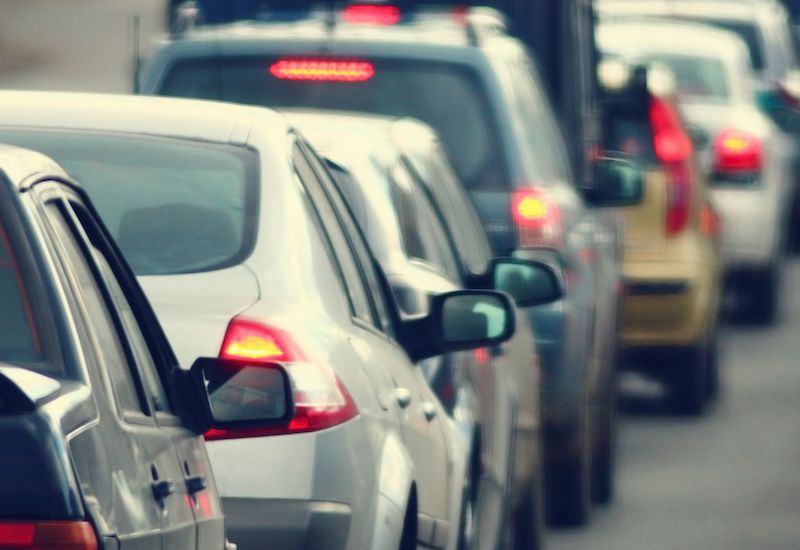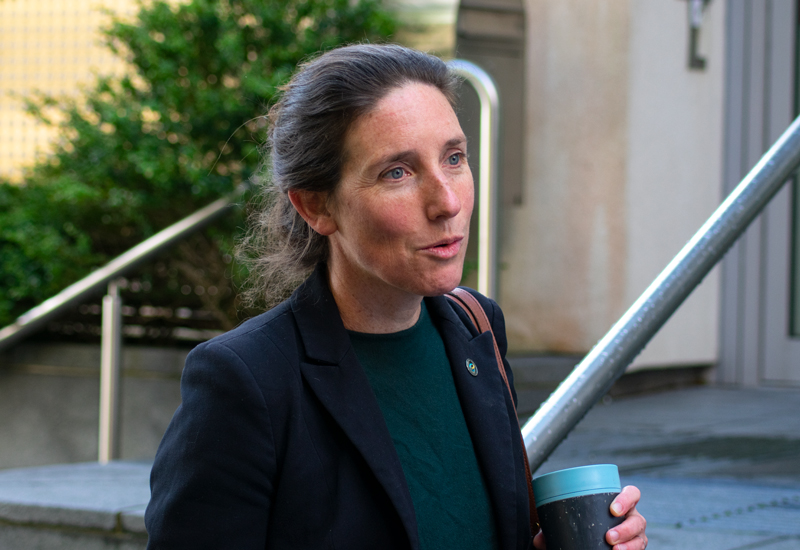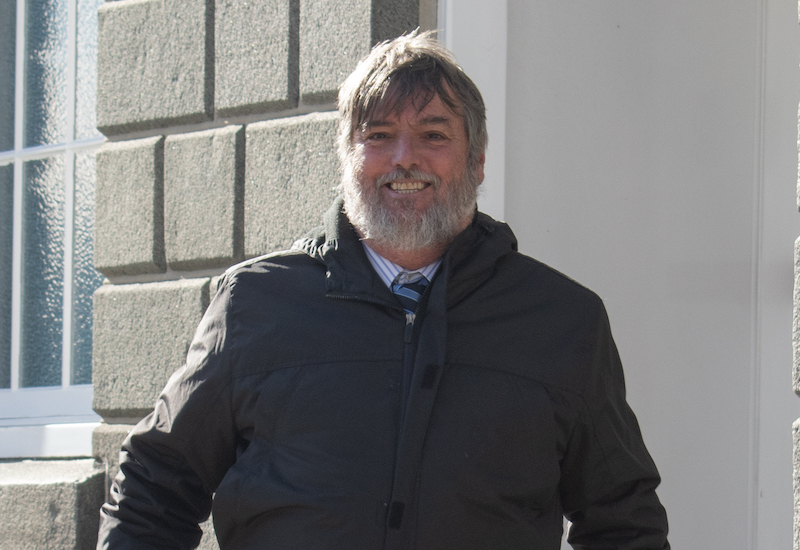


The President of Environment & Infrastructure says road transport "is the one area where we haven't really made any significant progress" in responding to climate change and global energy challenges.
The Climate Change Policy and Action Plan, approved by the States in 2020, sets out a path towards carbon neutrality. Since then, the Committee for the Environment & Infrastructure has been working on various initiatives to reduce the island's carbon footprint.
But Deputy Lindsay De Sausmarez says that one of the largest challenges in delivering the Plan is the island's relationship with cars.
When asked by Express if she would describe Guernsey as having a 'car culture', Deputy De Sausmarez said "of course we do".
“Our climate change work isn’t a discrete project in its own right,” said Deputy De Sausmarez, highlighting the complexity of the policy which her Committee leads.
“If you look at our carbon footprint there are three main contributors when it comes to the source of it." This is a reference to waste, energy and transport.

Pictured: Deputy Lindsay De Sausmarez believes there has been a culture shift in recent years and that many more people are now open to conversations about climate change and what needs to be done to limit it.
"We’re actually in a really good place [on waste] and that is a good example of a strategy that is starting to pay off in terms of sustainability," said Deputy De Sausmarez. Before her election to the States, she was a leading campaigner against an aborted plan for a mass burn incinerator and supported alternative approaches such as the waste strategy now in place.
On energy policy, the Committee is trying gradually to promote and support a shift to on-island renewables and clean and affordable energy.
“We got our energy policy through the States last year," said Deputy De Sausmarez. "That again sets a really clear path to de-carbonisation. That’s in line with international commitments and the Paris Agreement [on climate change]."
But Deputy De Sausmarez is less confident about progress on transport changes.
“Transport is the one area where we haven’t really made any significant progress. In fact, we’re probably going in the wrong direction," she said.
Recently, during a rally organized by campaigners who want to see the States move further and faster on climate change, Deputy Peter Roffey said more needed to be done to persuade commuters to use buses or other modes of active travel instead of private motor cars.

Pictured: Deputy Peter Roffey recently put paid parking back on the political agenda and said he hoped it would be reconsidered soon by the Committee for the Environment & Infrastructure and the Policy & Resources Committee.
Deputy De Sausmarez said that changing transport choices cannot be done quickly.
“You can’t just take transport or indeed any individual bits of transport and look at them in isolation," she said. "Transport is very much providing a service to get goods and vehicles and people around the island.”
More recently, she said that her Committee would not consider provoking another States' debate on paid parking unless it was part of a broader suite of environmental and economic policies.
Deputy de Sausmarez has just returned from representing the island at the 26th UN summit on climate change (COP26) in Glasgow. She met politicians and scientists from around the world to discuss the best ways to tackle climate change.
You can listen to the full podcast with Deputy de Sausmarez HERE.
Comments
Comments on this story express the views of the commentator only, not Bailiwick Publishing. We are unable to guarantee the accuracy of any of those comments.